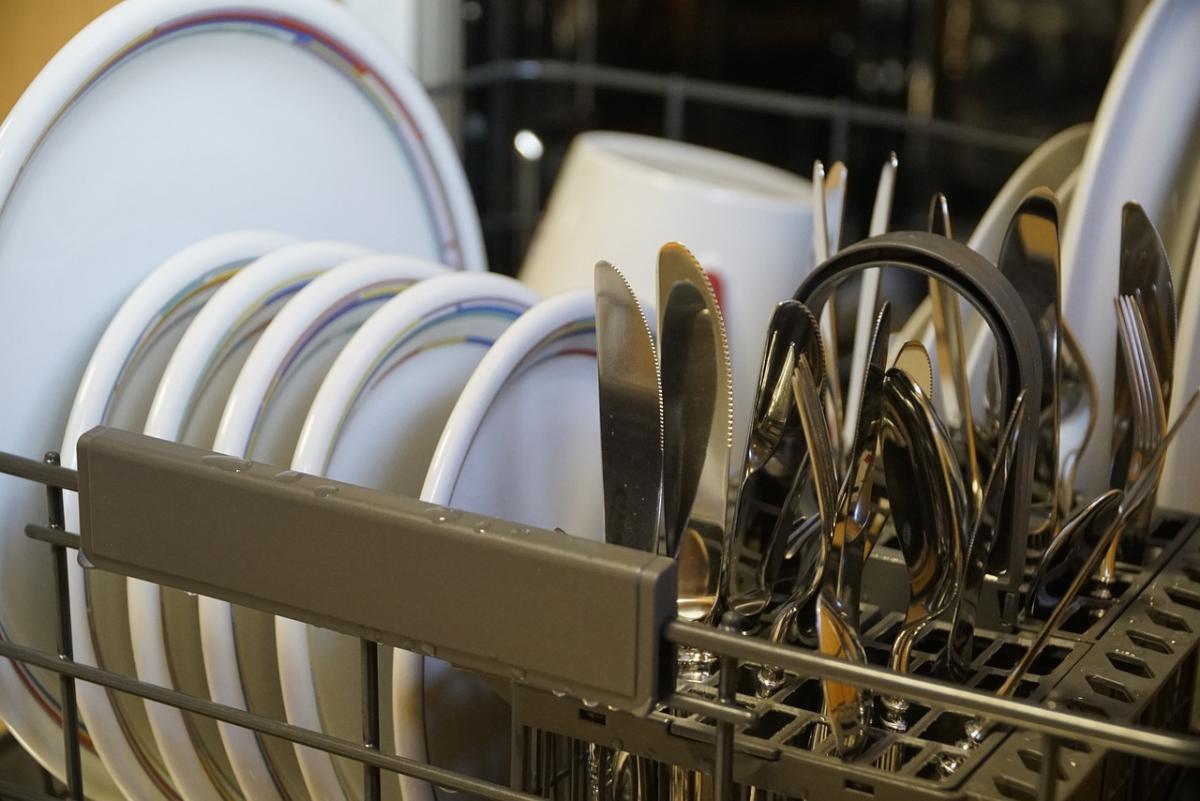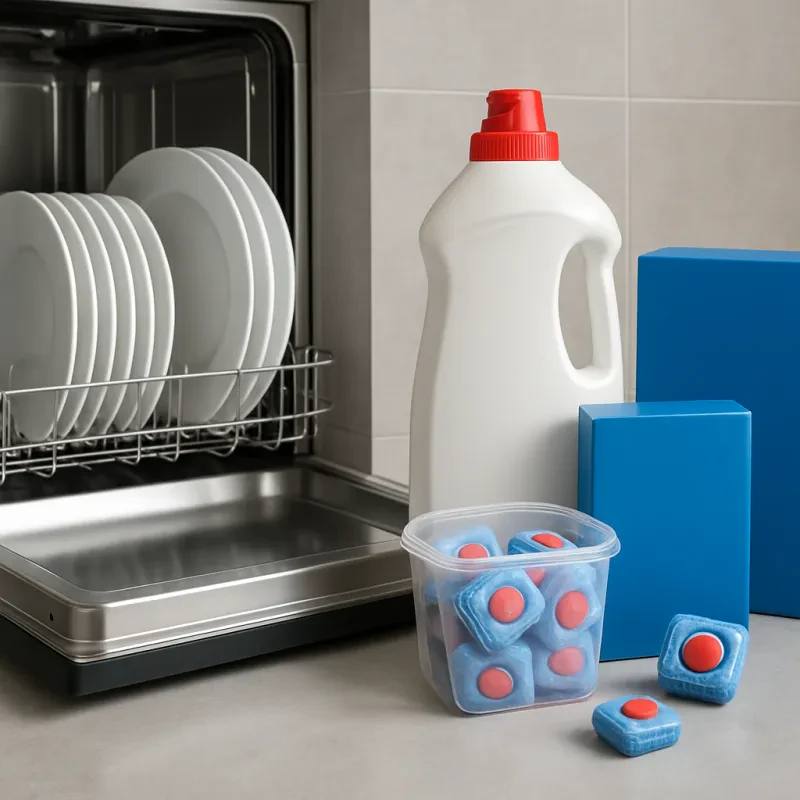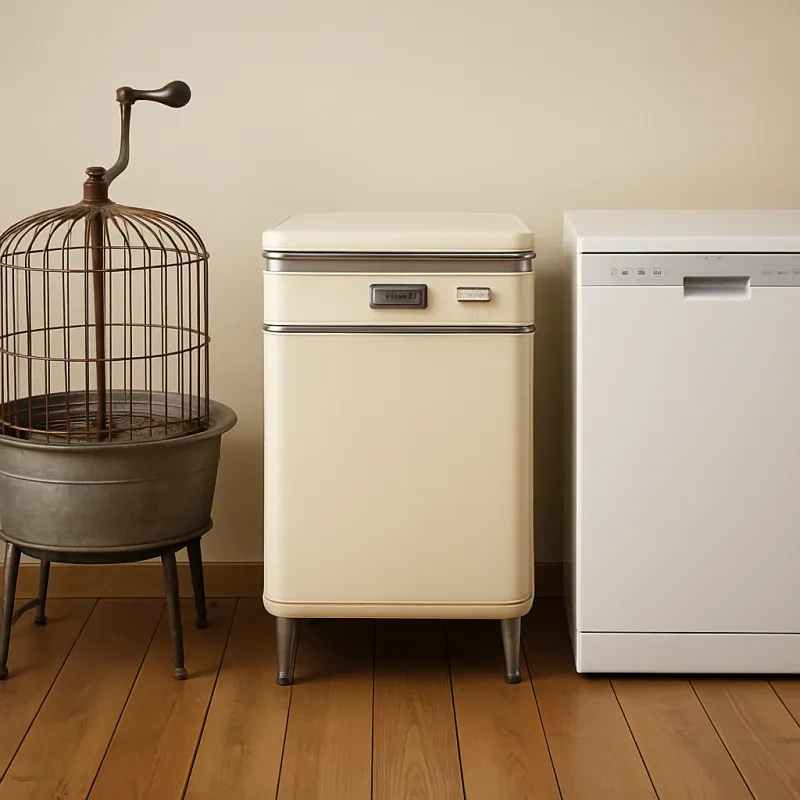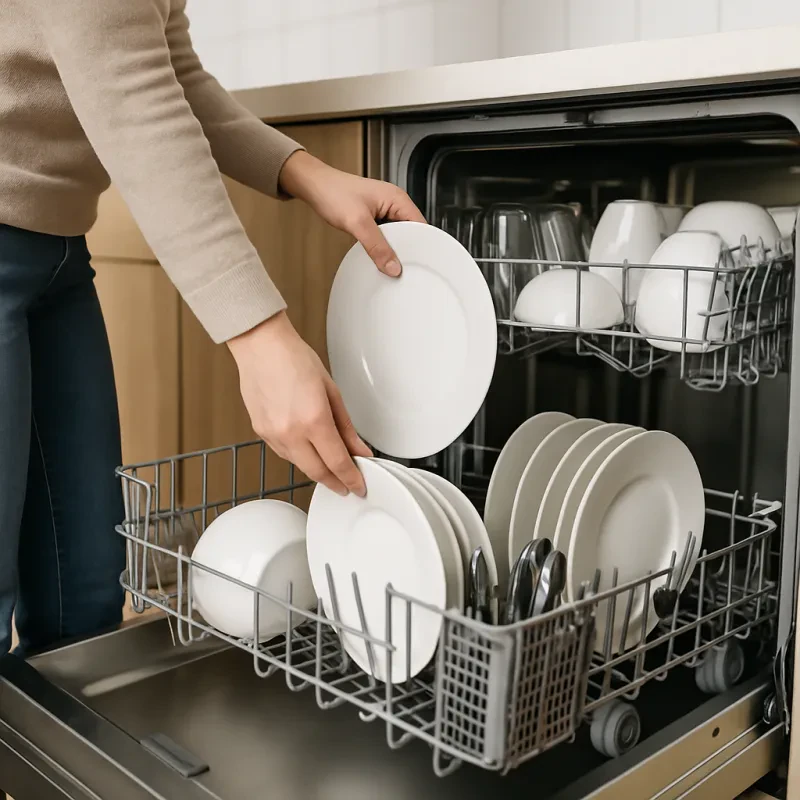Rinsing your dishes before you wash them can make a world of difference! While it might seem like an extra step, it actually offers several benefits that can save you time and effort in the long run.
First off, rinsing can help remove larger food particles and debris. When you give your dishes a quick rinse, you’re making it easier for your dish soap to do its job. Less gunk means less scrubbing, which is a win for everyone. Plus, this can help keep your sponge cleaner, too!
Another great perk of rinsing is that it can help prevent odors. Leftover food on dishes can start to smell over time, especially if you don’t wash them right away. Rinsing can help cut down on those funky smells lingering in your kitchen.
Lastly, rinsing can also help with water efficiency. If you’re washing a bunch of dishes with dried-on food, you’ll end up using more water to get them clean. A quick rinse before washing can make the overall process smoother and faster, saving water and keeping your cleanup efficient.
When Rinsing Makes Sense
When it comes to washing dishes, rinsing might seem like a hassle, but there are times when it's definitely worth it. If your plates are covered in stubborn food bits or sticky sauces, a quick rinse can make a big difference in how well they clean up later. By giving your dishes a little pre-wash shower, you're helping the soap to work its magic more effectively.
Another situation where rinsing makes sense is when you're dealing with items that have been sitting for a while. If you've let leftovers linger in your pots or pans, a quick rinse goes a long way in preventing food from drying and sticking. This way, it becomes easier to tackle those tough spots during your actual wash.
Then there's the issue of your dishwasher. Many experts suggest rinsing off big pieces of food to keep your dishwasher running smoothly. While modern washers can handle a bit of grime, large food particles can clog filters and create unwanted odors. So, a simple rinse can help you avoid potential headaches down the road.
Lastly, always consider your water usage. If you're washing a batch of greasy pans, rinsing first might help cut down on how much soap and water you need. Think of it as a little prep work that pays off in the end. In the right situations, rinsing isn’t just smart—it’s practical!
Common Myths About Dish Rinsing
When it comes to washing dishes, there are plenty of ideas floating around. Some make sense, while others? Not so much. Let’s bust some myths about rinsing dishes that might be hanging around in your kitchen.
Myth 1: Rinsing is always necessary. Many people think you need to rinse every dish before you put it in the dishwasher. The truth? Most modern dishwashers are designed to handle food particles, so a quick scrape should be enough. Just make sure to remove large leftovers!
Myth 2: Rinsing helps get rid of bacteria. It’s a common belief that rinsing dishes eliminates bacteria. In reality, rinsing alone doesn’t do much. Proper washing with soap and hot water does the trick. So focus on washing well instead of just rinsing!
Myth 3: Rinsing saves more water. While it might seem like rinsing could save water, it often leads to using more. If you rinse before washing, you might end up using double the amount! It’s better to load up your dishwasher and let it work its magic.
Alternative Cleaning Tips You’ll Love
If you're wondering whether to rinse your dishes before washing, consider these fun alternative cleaning tips that might lighten your load and save you time!
1. Soak Before You Scrub: If you’re facing stuck-on food, a quick soak in warm, soapy water can work wonders. Just let them sit for about 15 minutes. This will make scrubbing much easier, and you might find you don’t even need to rinse beforehand!
2. Use Baking Soda: Say goodbye to harsh chemicals! Sprinkle some baking soda on your dishes before washing. It acts as a gentle abrasive that can help lift grime without damaging your plates. Plus, it's safe for the environment and your family.
3. Vinegar for Shine: For truly sparkling dishes, add a little vinegar to your rinse water. It cuts through grease and leaves your glassware streak-free. Just mix equal parts of vinegar and water for a natural rinse solution that does the trick!
4. Load Smart: When you run your dishwasher, think about your load. Arranging your dishes well can reduce the need for pre-rinsing. Place dirty items facing downward for best results, and make sure there's enough space in between to allow water to circulate freely.



